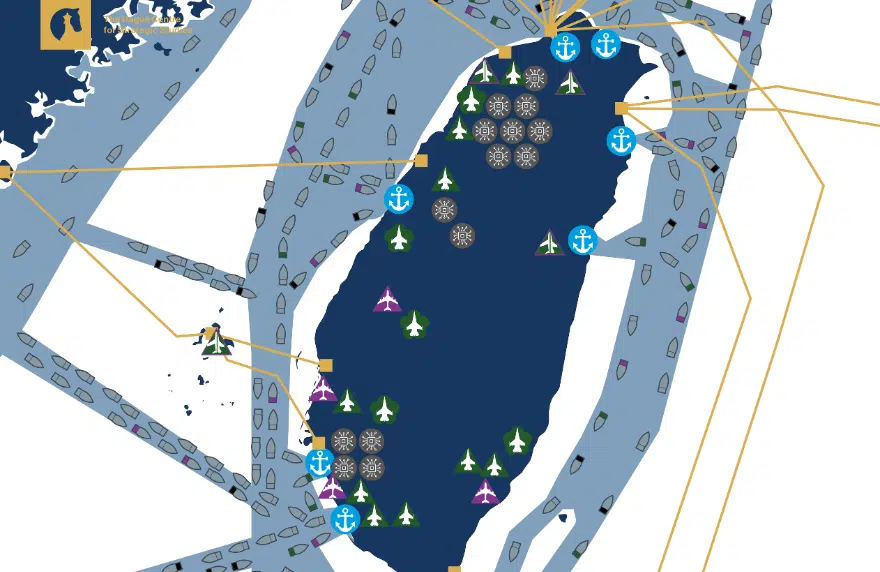Research
In the Post-Cold War era the global economy grew more intertwined than ever before. The last thirty years of hyper globalisation bound the world’s great economic powers, China, the U.S. and the EU, in a web of value chains stretching the globe. In the last seven years, however, the norms, rules and institutions governing international trade have rapidly eroded, mainly due to rapidly intensifying competition between great powers. Within value chains, states increasingly leverage strategic dependencies to exert power: they manipulate money, goods and information flows by making use of chokepoints in the global economy to achieve their preferred policy outcomes.
The Trump Administration used extraterritorial sanctions to block the completion of the Nord Stream 2 pipeline, fearing European overdependence on Russian natural gas. Putin halted exports of natural gas to the EU. The Trump and Biden Administrations spearheaded increasingly expansive export boycotts to prevent China from developing an advanced, domestic semiconductor industry. The G7, Taiwan and South Korea imposed a near-comprehensive ban on chip exports to Russia following its invasion of Ukraine. Beijing leveraged its export of critical economic inputs, namely its dominant position in the production of critical raw materials.
In this great game of chokepoints, strengthening the Digital Open Strategic Autonomy (DOSA) of the Netherlands and the European Union (EU) has become important and increasingly urgent.
This report seeks to help policymakers and industry leaders in the Netherlands and the EU to navigate the great game of chokepoints in two ways:
- It presents a strategic dependence risk framework tool to identify high-risk strategic dependencies both within and outside of the digital domain. By making the risk levels of a wide variety of strategic dependencies comparable, this assessment tool facilitates policymakers, experts and industry leaders with prioritising strategic dependencies for risk mitigation measures. The framework also provides insight into what mitigation measures would be most and least effective. In June 2023, the European Commission announced the need to develop a framework for “assessing risks affecting the EU’s economic security”. With the risk assessment framework presented in this report, the authors seek to help fulfil that need too.
- It presents policy opportunities and recommendations aiming to enhance the strategic indispensability of the Netherlands and EU in digital value chains. In today’s era of great power competition, investing in a strategically indispensable position is akin to taking out a geopolitical insurance policy. Effectively, a state makes a payment upfront to achieve greater centrality in international value chains. This centrality may help dissuade rivals from taking coercive action, both within and beyond the geoeconomic and military realms.
Authors: Joris Teer, Abe de Ruijter and Michel Rademaker
Visualisations: Anna Sophie den Ouden
Contributors: Anna Sophie den Ouden, Giovanni Cisco, Irina Patrahau and Tim Sweijs
The research for the content of this report was finalised on 1 October 2023. Events or developments that took place or were revealed after this date have not been taken into account. A first draft of this report was shared with the Ministry of Economic Affairs and Climate in June 2023.
© The Hague Centre for Strategic Studies. The research for, and production of, this HCSS report have been conducted for the Netherlands Ministry of Economic Affairs and Climate. Responsibility for the contents and for the opinions expressed rests solely with the authors and does not constitute, nor should be construed as, an endorsement by the Netherlands Ministry of Economic Affairs and Climate.









